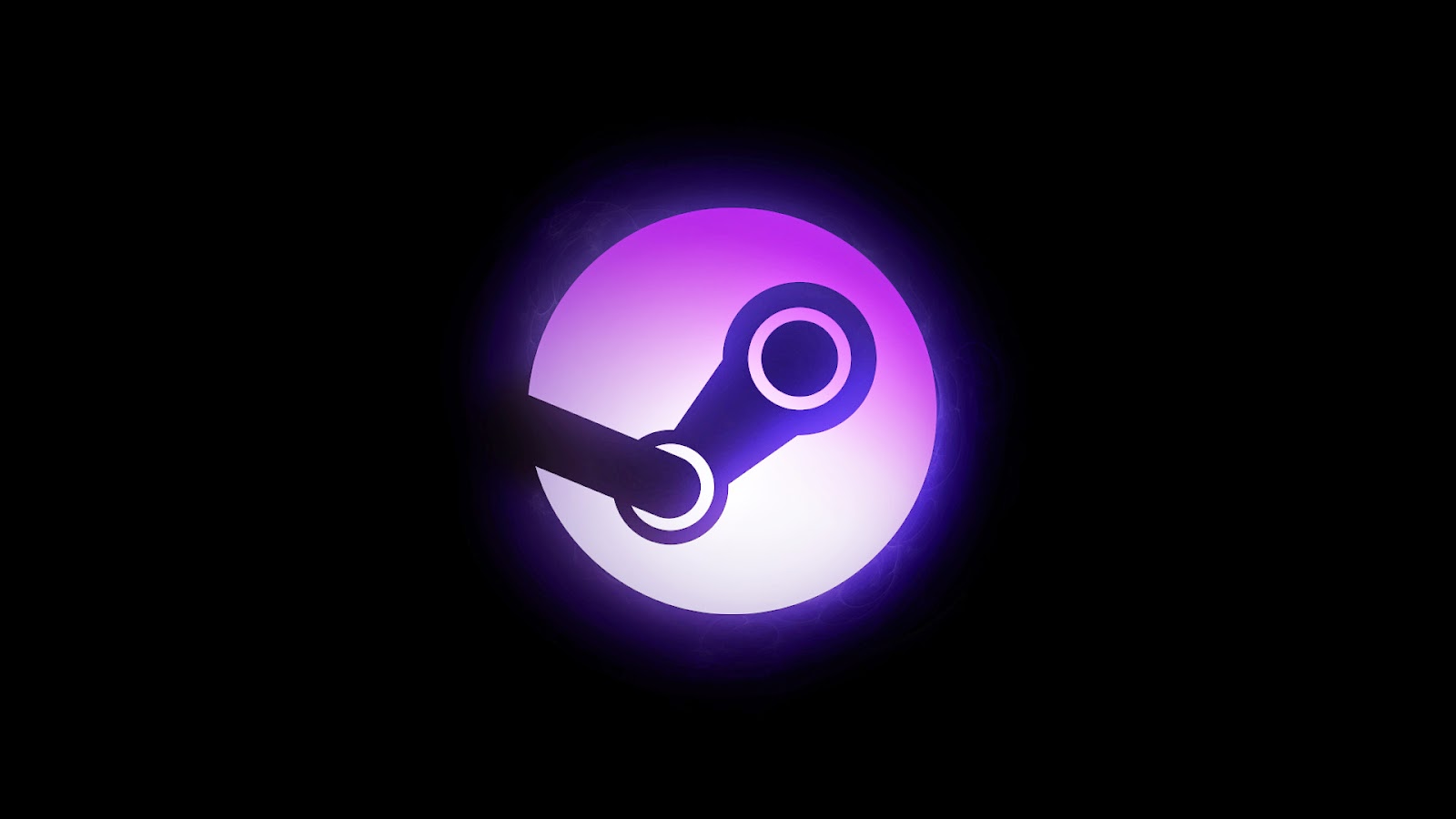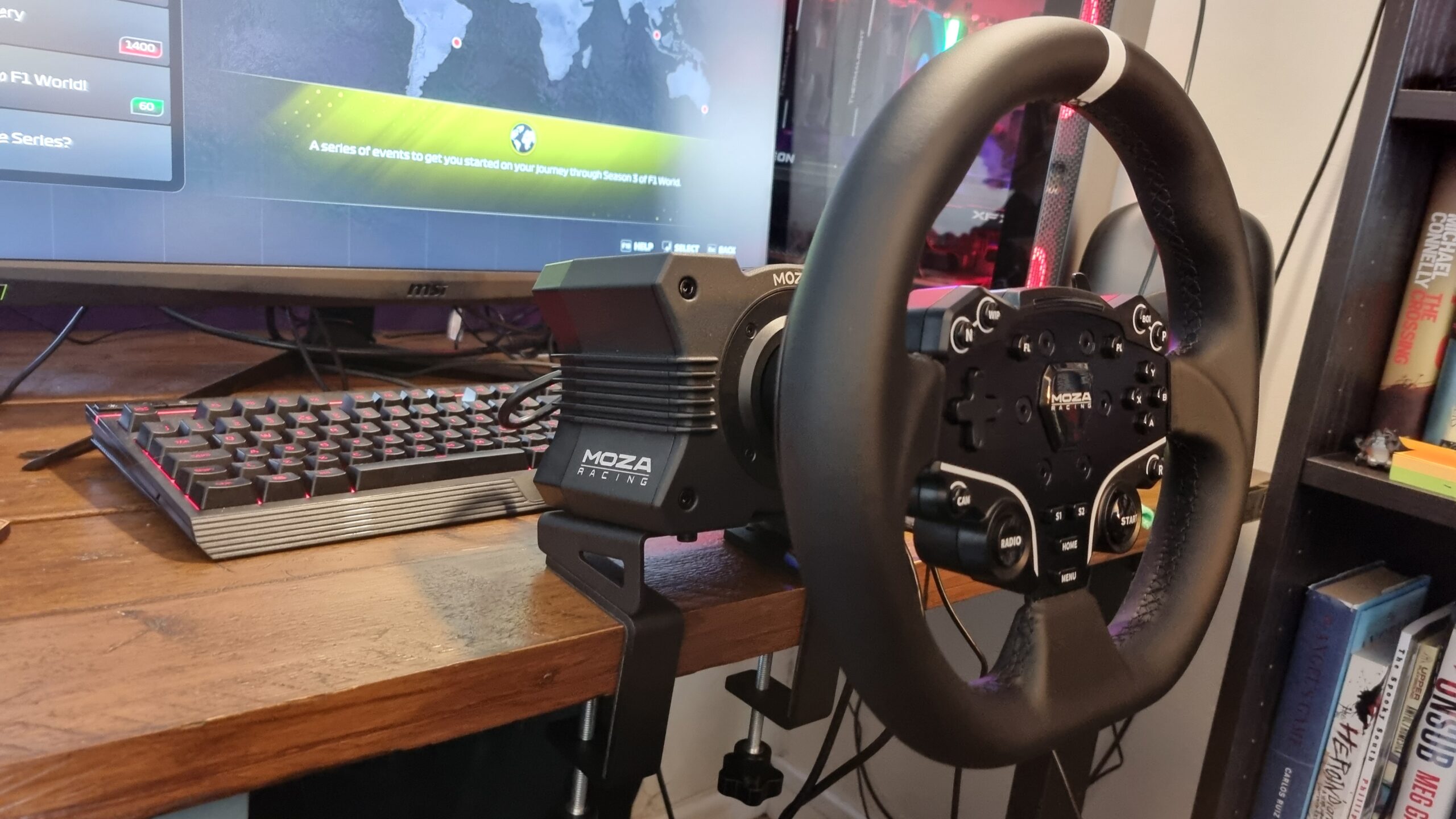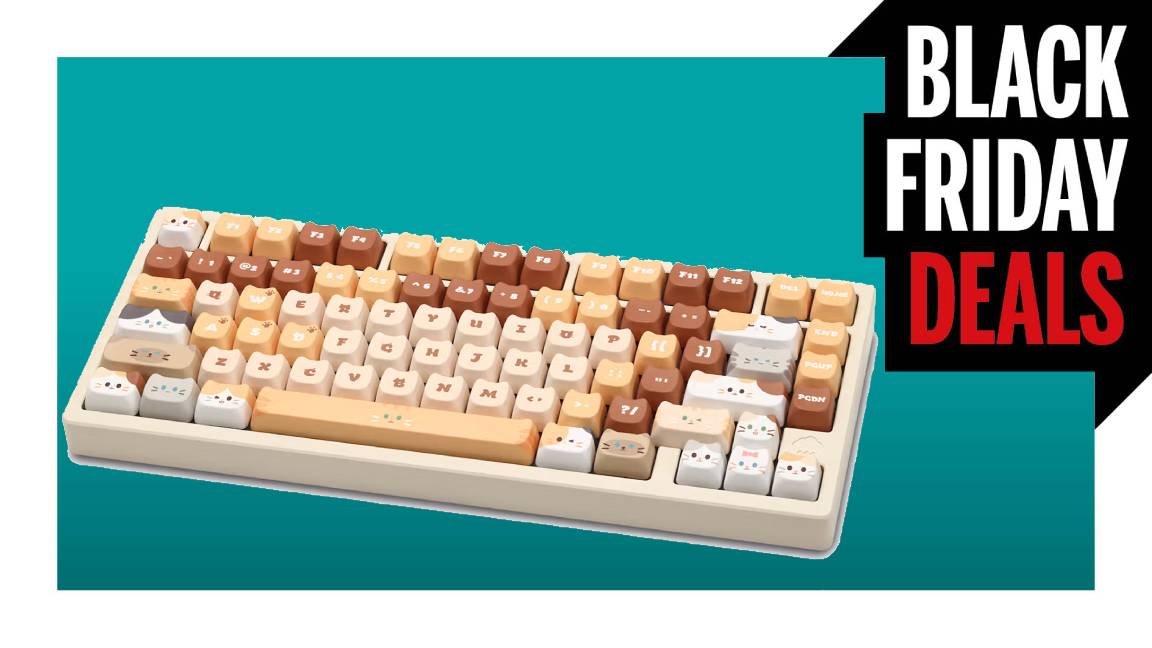I’ve been convinced for several years that 34-inch ultrawide is the ideal real-world monitor format for gamers and PC enthusiasts. And I can’t see that changing any time soon.
34-inch ultrawide is a great compromise between cinematic scale and usable ergonomics. Yes, there is such a thing as a desktop monitor that’s too big. The prevailing 3,440 by 1,440 native resolution likewise plays off visual detail against frame rates really rather deftly.
👉 We’re curating the best Black Friday PC gaming deals right here 👈
Which is why it’s fantastic to see you can buy into just such a 34-inch ultrawide experience for under $250. No, I’m not talking about some random-brand AliExpress lashup. What I have for you is a pair of big-brand, high-refresh panels that might just recalibrate your notion of what a budget gaming monitor can be.
These two monitors hit many of the same spec points as OLED panels that start at three times the price. Many OLEDs with the same panel size and resolution are actually four times as much. It’s bananas, it really is.
Quick links
LG UltraGear 34GP63A-B
LG is best known for its quality IPS panels. Sadly, at this price point, IPS isn’t really a goer, so it’s not a huge surprise to find the LG UltraGear 34GP63A-B rocks a VA panel.
The main downside of VA is typically slightly slower response than IPS (and much slower response than OLED). This panel is indeed rated at 5ms GtG, which isn’t exactly electric.
That said, many competing lower cost VA alternatives quote the slightly misleading MPRT response time. Most are unlikely to be any faster in reality. The 160Hz refresh, meanwhile is plenty quick enough for this class of monitor.
If you’re aiming at abour $250 for a monitor, you’re hardly likely to have a $1,500 GPU to drive it. So, you’re not going to be hitting 200fps-plus in the latest games at this monitor’s 3,440 by 1,440 native resolution.
Anyway, the upside of VA, aside from affordability, is contrast. This LG is good for 3,000:1 static contrast, a figure that no IPS panel could possibly hope to match. That contrast performance also helps to offset the relatively modest 300 nit maximum brightness. For the record, this panel does support HDR content, but with that 300 nit peak and no local dimming, it’s obviously not actually an HDR monitor.
Elsewhere, you get DisplayPort and HDMI inputs, but again it’s that core 34-inch ultrawide proposition for so little money that’s the appeal here. It really does make for a fantastically immersive gaming experience, as well as being excellent for multitasking back on the desktop during the daily grind.
Samsung Odyssey G5
This particular variant of the Samsung Odyssey G5, and there are a baffling array of similarly branded Odyssey panels, is an older model. But as they say, it most checks out.
Again, we’re talking 34-inch ultrawide and 3,440 by 1,440 pixels. This Samsung runs a whisker faster than the LG at 165Hz versus 160Hz, but honestly that’s just bragging rights. Both are plenty fast enough in terms of refresh given the price point and remit.
As for pixel response, Samsung rates this monitor at 1ms. But that’s courtesy of the MPRT metric as opposed to the more demanding GtG metric. It’s hard to say for sure if it’s actually faster than the LG. However, Samsung does have a track record for making the fastest VA monitors around. So, we’ll give it the benefit of the doubt.
A less obvious win for the G5 is brightness. Samsung rates it at just 250 nits, which is easily this monitor’s weakest vital statistic. But just like the LG, the excellent static contrast performance of 2,500:1 does mitigate the limited peak brightness to some degree.
This Samsung also has a slightly funkier, or to some eyes, fussier design. The LG is a touch less overtly gamery. The LG is also slightly cheaper, but not by a lot. But whichever model you choose, you’re getting a heck of a lot of monitor for remarkably little money.



